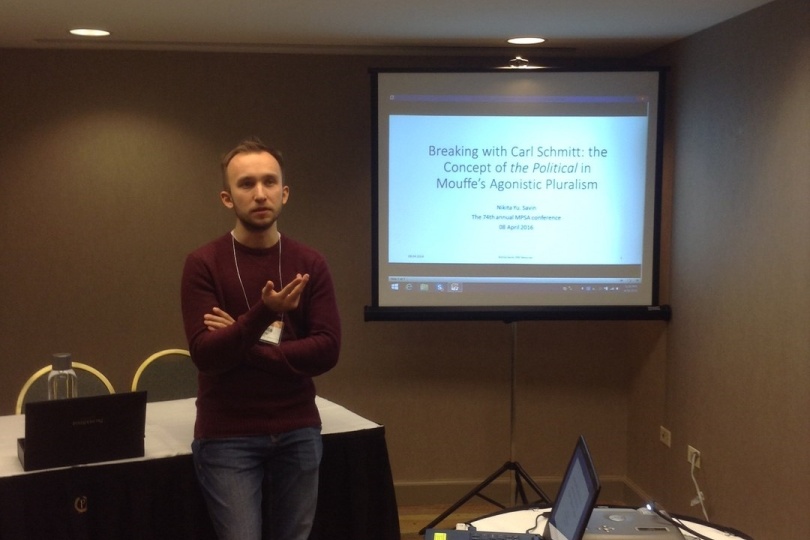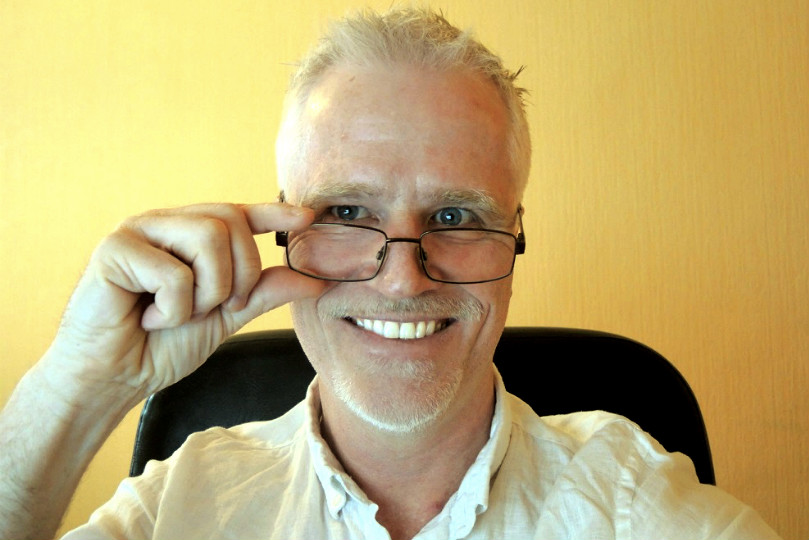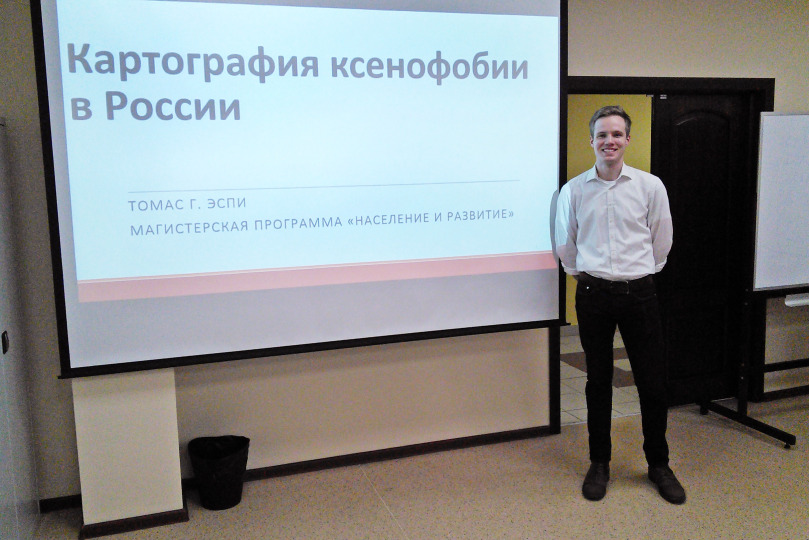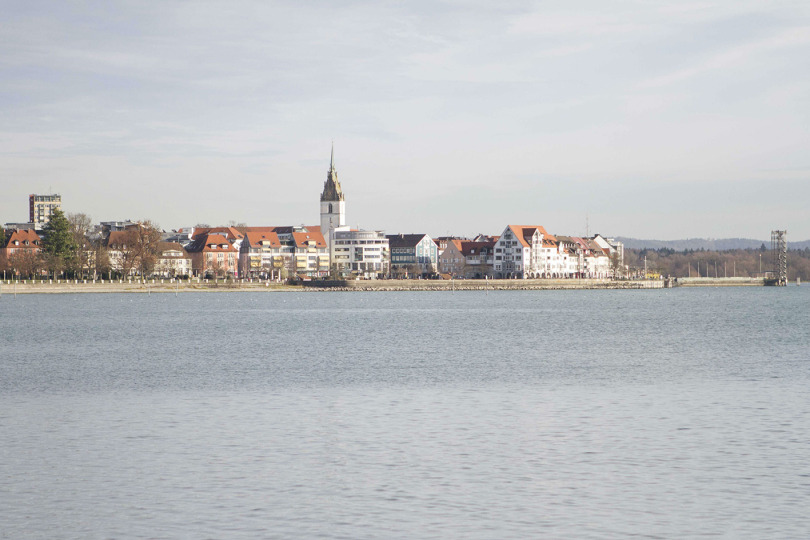From April 15 th -17 th , 2016, a symposium entitled ‘Growing a Person-Centered Society in Europe’ took place in Lausanne. It was organized by the Network of European Associations for Person-Centered and Experiential Psychotherapy and Counselling (PCE Europe). Veniamin Kolpachnikov, Associate Professor at the Department of Psychology of Personality, who participated in the symposium, shared some details about the event.
Research & Expertise
Elena Kardanova, the director of the Centre of Education Quality Monitoring, and Alina Ivanova, junior research fellow of the same centre, have participated in the annual meeting of the American Educational Research Association (AERA) held in Washington, DC. The conference dedicated to ‘Public Scholarship to Educate Diverse Democracies’ took place on April 7–12 and gathered around 14000 participants from all over the world.

On March 15 Alena A. Khaptsova (Junior Research Fellow of International laboratory for Socio-Cultural Research, lecturer of School of Psychology, Faculty of Social Sciences, HSE) took part in the «Culture matters» research seminar with the report on "Russian multiculturalism in the media: the technique of content analysis of the news".

Women who have moved to another part of the country tend to have higher fertility than those who stay in the same community all their lives. Relocation often improves a woman's life circumstances and broadens her choice of marriage partner, thus supporting her reproductive intentions, according to Svetlana Biryukova, Senior Research Fellow of the HSE Center for Studies of Income and Living Standards, and Alla Tyndik, Leading Research Fellow at the RANEPA.

The book ‘Wandering Workers. Mores, Behavior, Way of Life, and Political Status of Domestic Russian Labor Migrants’ has been nominated for the Distinguished Scholarly Monograph Award in the American Sociological Association’s Section on Labor and Labor Movements .

The Russian family has been becoming more demographically heterogeneous over recent years. Some of the families follow the trend of having many children: women more often give birth to a third and fourth child, and the gap between births is decreasing, which makes the evolution of the family faster. At the same time, younger generations are inclined to postpone marriage and having their first child, which leads either to later motherhood or to childlessness. This means that two opposite trends are developing; along with the growing share of ‘Western-type’ families, with postponed parenthood and fewer children, there is a revival of the traditional family with more children, Sergey Zakharov, Deputy Director of the HSE Institute of Demography, reported.

